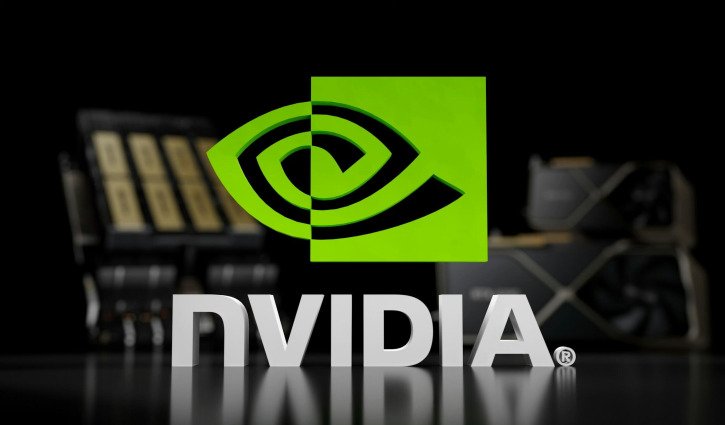According to The Wall Street Journal, U.S. infrastructure giant Broadcom is considering a rival bid, along with Taiwan Semiconductor Manufacturing Co (TSMC) for a controlling stake in Intel, the NASDAQ-listed chipmaking icon.
It’s understood that while Broadcom has been closely examining Intel’s chip design and marketing business it may only proceed if a partner for Intel’s manufacturing business, Intel Foundry can be found.
Meanwhile, TSMC, the world’s biggest contract chipmaker - which is around eight times larger than Intel - is said to be assessing outcomes that would see it controlling some or all of Intel’s chip plants, potentially as part of an investor consortium.
However, while all discussions are preliminary and largely informal, Broadcom and TSMC are not collaborating on future deals.
Given that Intel is regarded as critical to national security, Frank Yeary Intel’s interim executive chairman, whose leading discussions with possible suitors, is also in discussion with Trump administration officials.
However, Yeary has made it clear that the company’s primary focus is maximising value for Intel shareholders.
Media reports suggest that TSMC, Intel Foundry’s key competitor in contract chipmaking, has sought a potential deal after encouraging signals from the Trump administration.
However, in a recent interview with Reuters a White House official suggested that the Trump administration was unlikely to support the idea of foreign firms operating Intel’s factories.
As one of a few chipmakers that designs and manufactures semiconductors, Intel has benefitted from former U.S. President Joe Biden’s aims to ensure critical chips are manufactured in the U.S.
As a result, last November saw the U.S. Commerce Department subsidise Intel to the tune of $7.86 billion.
Former Intel CEO Pat Gelsinger was forced to resign last year after his capital-intensive bid to bolster manufacturing strained cash flow, leading to a 15% cut in workforce but seeing the company’s shares shed around 60% of their value.
In light of growing financial challenges the semiconductor giant last August announced a $10 billion cost-cutting plan.



